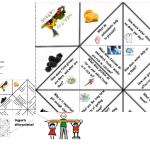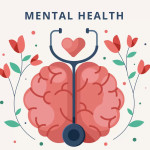Unlock The Power Of Mental Health Z Codes: Take Charge Of Your Well-being Today!
Mental Health Z Codes: Understanding and Addressing Mental Health Challenges
Introduction
Dear Readers,
3 Picture Gallery: Unlock The Power Of Mental Health Z Codes: Take Charge Of Your Well-being Today!
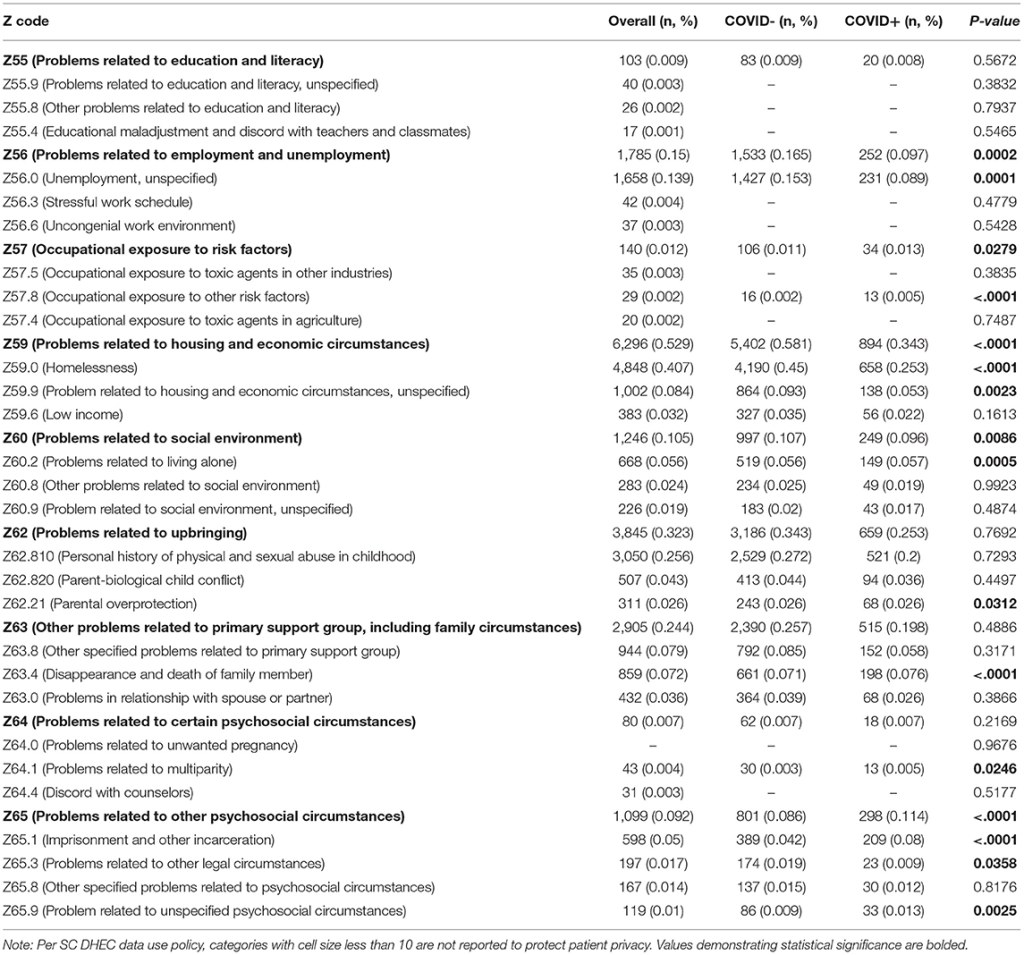
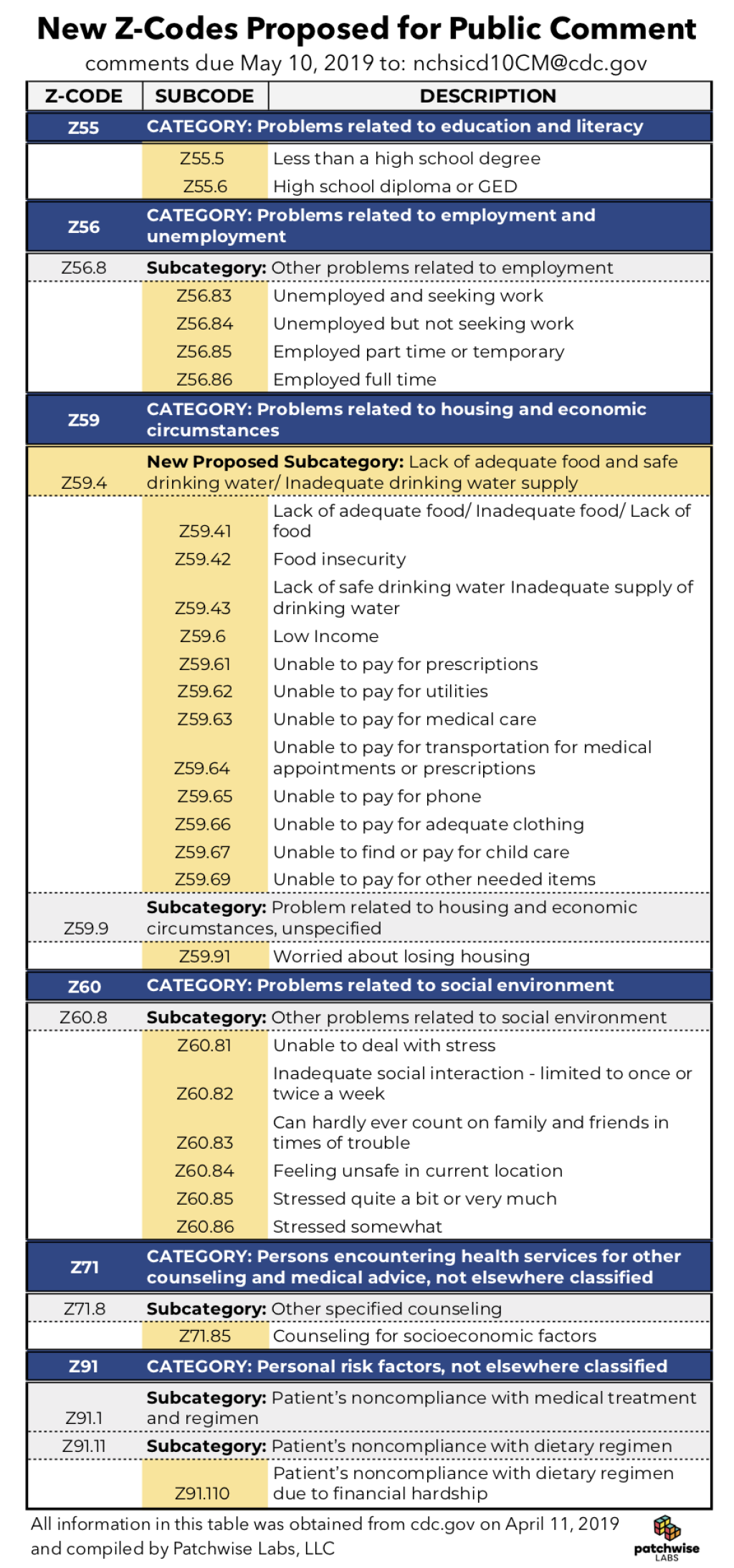
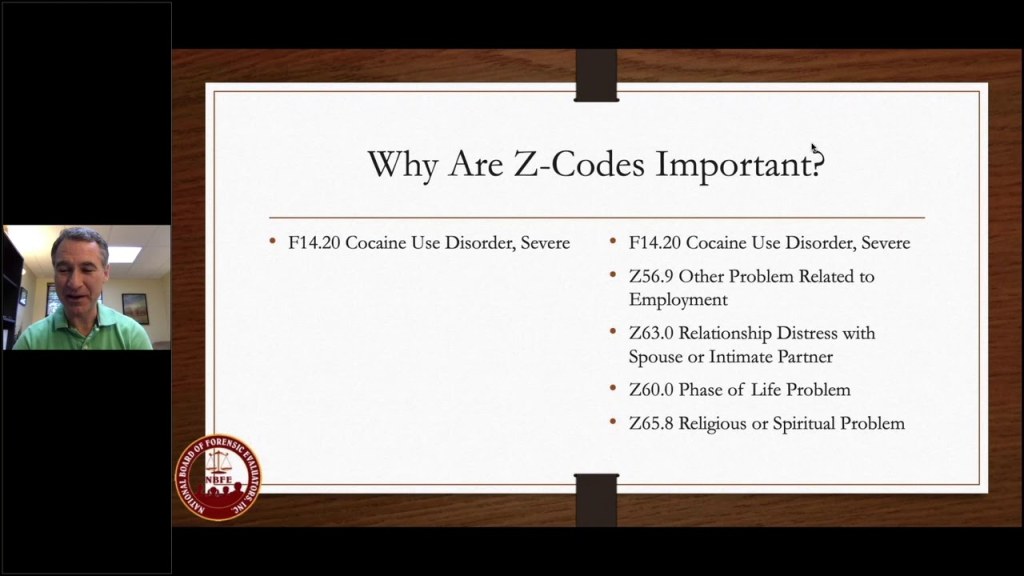
Welcome to this informative article on mental health Z codes. In this fast-paced world, mental health has become an essential aspect of overall well-being. However, many individuals still struggle to understand and address their mental health challenges. This article aims to shed light on mental health Z codes, their significance, and how they can help individuals navigate their mental health journeys effectively.

Image Source: frontiersin.org
In this article, we will explore the meaning of mental health Z codes, discuss their application, advantages, and disadvantages, and provide answers to frequently asked questions. We hope that this comprehensive guide will empower you to take control of your mental health and seek the support you need.
What are Mental Health Z Codes?
🔍 Mental health Z codes, also known as ICD-10-CM Z codes, are a set of diagnostic codes used in healthcare systems to identify and classify various mental health conditions. These codes assist healthcare professionals in documenting mental health concerns, ensuring accurate diagnoses, and facilitating effective treatment plans.
🔍 Mental health Z codes cover a wide range of mental health issues, including anxiety disorders, depressive disorders, substance abuse, personality disorders, and many more. They provide a standardized system for healthcare providers to communicate and share information related to mental health conditions.

Image Source: activatecare.com
🔍 These codes are essential in ensuring that individuals receive appropriate care, support, and reimbursement for mental health services. They play a crucial role in improving the understanding, treatment, and management of mental health conditions.
Who Uses Mental Health Z Codes?
🔍 Mental health Z codes are primarily used by healthcare providers, including psychiatrists, psychologists, therapists, and primary care physicians. These professionals rely on these codes to accurately document and communicate mental health diagnoses and treatment plans.

Image Source: ytimg.com
🔍 Insurance companies and healthcare administrators also use mental health Z codes to determine coverage and reimbursement for mental health services. These codes ensure that individuals have access to the appropriate care and support they need.
🔍 Individuals themselves can also benefit from understanding these codes as they navigate the healthcare system, seek appropriate treatment, and communicate effectively with their healthcare providers.
When are Mental Health Z Codes Used?
🔍 Mental health Z codes are used in various scenarios, including routine mental health check-ups, counseling sessions, psychiatric evaluations, and hospitalizations.
🔍 When individuals seek mental health services, healthcare providers use these codes to document the reason for the visit, the diagnosis, and the treatment plan. These codes ensure accurate record-keeping and facilitate continuity of care.
🔍 Mental health Z codes are also used in research and data collection to gain insights into the prevalence, patterns, and outcomes of different mental health conditions. This data helps inform public health policies and initiatives.
Where Can Mental Health Z Codes Be Found?
🔍 Mental health Z codes are part of the International Classification of Diseases, Tenth Revision, Clinical Modification (ICD-10-CM). This coding system is used worldwide to classify diseases, disorders, and other health conditions.
🔍 Healthcare providers can find mental health Z codes in the ICD-10-CM coding manual. These codes are organized by categories and subcategories, making it easier for healthcare professionals to locate the relevant code for a specific mental health condition.
Why Are Mental Health Z Codes Important?
🔍 Mental health Z codes play a crucial role in improving the understanding, treatment, and management of mental health conditions. By using these codes, healthcare providers can accurately document and communicate mental health diagnoses, ensuring appropriate care and support for individuals.
🔍 These codes also enable researchers and policymakers to collect data on mental health conditions, helping identify trends, allocate resources, and develop effective strategies to address mental health challenges in society.
🔍 Furthermore, mental health Z codes contribute to reducing stigma surrounding mental health by validating and recognizing mental health conditions as legitimate medical concerns. They promote a more comprehensive approach to healthcare that includes both physical and mental well-being.
How Can Mental Health Z Codes Be Utilized?
🔍 Mental health Z codes can be utilized in various ways to benefit individuals and society as a whole:
Accurate Diagnoses: These codes ensure that individuals receive accurate mental health diagnoses, allowing for appropriate treatment and support.
Effective Treatment Plans: Mental health Z codes help healthcare providers develop tailored treatment plans based on specific mental health conditions, ensuring targeted interventions.
Insurance Coverage: These codes assist insurance companies in determining coverage and reimbursement for mental health services, making mental healthcare more accessible and affordable.
Research and Data Analysis: Mental health Z codes facilitate research by providing a standardized system for data collection and analysis, leading to advancements in mental health knowledge and treatment options.
Policy Development: The data collected through these codes informs the development of mental health policies and initiatives, promoting improved mental health services and support.
Advantages and Disadvantages of Mental Health Z Codes
Advantages:
Enhanced Communication: Mental health Z codes enable consistent communication among healthcare providers, ensuring accurate transfer of information regarding mental health conditions.
Improved Care Coordination: These codes promote collaboration between different healthcare professionals involved in an individual’s mental health journey, leading to more comprehensive and coordinated care.
Efficient Reimbursement: Mental health Z codes simplify the reimbursement process for mental health services, reducing administrative burden and ensuring timely payment.
Research and Insights: These codes contribute to research efforts, providing valuable data on mental health trends, prevalence, and treatment outcomes.
Reduced Stigma: By acknowledging mental health conditions as medical concerns, mental health Z codes help reduce stigma and promote a more inclusive approach to healthcare.
Disadvantages:
Complexity: Understanding and applying mental health Z codes can be challenging for healthcare providers due to the complexity of the coding system.
Diagnostic Limitations: Mental health Z codes may not capture the full complexity of certain mental health conditions, leading to potential misdiagnoses or incomplete documentation.
Reimbursement Limitations: Insurance reimbursement policies based on mental health Z codes may have limitations or restrictions, potentially hindering access to certain treatments.
Standardization Challenges: Achieving consistent usage and understanding of mental health Z codes across healthcare systems and providers can be a challenge, impacting data accuracy and comparability.
Privacy Concerns: Recording and sharing mental health information through these codes raises privacy concerns, necessitating robust security measures to protect individuals’ sensitive data.
Frequently Asked Questions (FAQs)
1. How do mental health Z codes differ from other diagnostic codes?
🔍 Unlike other diagnostic codes, mental health Z codes specifically focus on mental health conditions, ensuring accurate documentation and appropriate care for individuals.
2. Can individuals access their mental health Z code records?
🔍 Yes, individuals have the right to access their medical records, which may include mental health Z codes. However, specific regulations and procedures may vary depending on local healthcare laws.
3. Are mental health Z codes recognized internationally?
🔍 Yes, mental health Z codes are part of the International Classification of Diseases (ICD) system, which is recognized and used internationally for disease classification and reporting.
4. Can mental health Z codes change over time?
🔍 Yes, mental health Z codes are periodically updated to reflect advancements in mental health knowledge and changing diagnostic criteria. Staying informed about these updates is important for healthcare providers.
5. What should individuals do if they disagree with their mental health Z code diagnosis?
🔍 If individuals have concerns or disagree with their mental health Z code diagnosis, it is essential to communicate openly with their healthcare provider. Seeking a second opinion from another qualified professional may also be beneficial.
Conclusion
In conclusion, mental health Z codes play a vital role in understanding, addressing, and managing mental health challenges. By providing a standardized system for identification, documentation, and communication of mental health conditions, these codes contribute to enhanced care, reduced stigma, and improved research efforts.
If you or someone you know is facing mental health challenges, we encourage you to seek professional support and utilize the resources available in your community. Remember, mental health is as important as physical health, and seeking help is a sign of strength.
Stay empowered, informed, and proactive in your mental health journey. Together, we can create a world that prioritizes and supports mental well-being.
Final Remarks
Dear Readers,
The information provided in this article is for educational purposes only and should not replace professional medical advice. If you have specific concerns about your mental health, please consult a qualified healthcare professional.
Remember, mental health is a journey unique to each individual, and there is no one-size-fits-all solution. Take care of yourself, listen to your needs, and seek the support that feels right for you.
Wishing you good mental health and well-being,
Your Friends at [Your Company/Organization Name]
This post topic: Holistic Living

